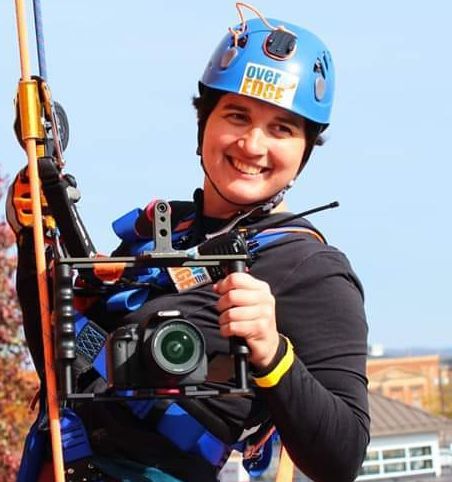
A coalition of community members, businesses, human service employees and court services representatives has dwindled from a group of over 90 to under 30 regular members in recent months.
It’s goal is to help individuals reenter the community from the criminal justice system and to cut down on recidivism rates within the county.
The low turnout can be attributed to a number of factors, including scheduling conflicts, according to Michael Boughton, program director for Lycoming County GEO Reentry Services, which also oversees the coalition. But for those dedicated few who have attended, the lack of engagement can be a struggle.
“Each time we’ve had less people,” Boughton said. “We just haven’t gotten the word out there enough.”
For individuals who have successfully reentered the community from the criminal justice system seeing a coalition of individuals dedicated to offering resources is encouraging.
Liz Harvey, who left the prison system in 2016, said having access to community resources was vital. She shared her story with the coalition during it’s Tuesday meeting and said that going through the county reentry services forced her to change her life.
Seeing people participate in the coalition shows her they care.
“When people are on the outside it’s stagnant,” Harvey said. “By continuing to say, “We don’t trust you,” what incentive does anyone inside the criminal justice system have to change.”
The Reentry Coalition first was formed in 2016 with grant funding from the state and was managed by Dr. Kerry Richmond, chairperson of the Criminal Justice Department at Lycoming College. The coalition met for one year and after a coalition coordinator was hired to begin work on the strategies put in place by the first round of meetings.
But soon the coordinator hired for the position resigned and as the position lay vacant, the coalition came to a standstill. It was reinstated in early 2021 through a contract with GEO Reentry Services.
Even after restarting its meetings, the coalition has had a rocky start. In addition to increasingly lower turnout from the public, the new reentry coordinator, Samantha Koch, resigned over the summer for personal reasons, Boughton said.
In 2021, 91 people have completed intakes with Koch and began working to build a plan to reenter the community. She completed over 390 sessions and so far 75 people have been released from prison. More data will be collected to determine the successful reentry rate after release, Boughton said.
Without the involvement of community members, Boughton does not believe the issue of recidivism can be solved in Lycoming County.
Boughton hopes to bring in more local business owners to the coalition who are willing to offer employment to returning offenders and give them a chance to break the cycle of crime.
“For years, we’ve put people in situations where we were setting them up to fail,” Boughton said. “We were throwing them back into a situation where they weren’t successful to begin with.”
During the coalition’s most recent quarterly meeting, much of the conversation of the two break-out groups was how to build more engagement. While the coalition meets quarterly, the subcommittee groups also are asked to meet on their own.




